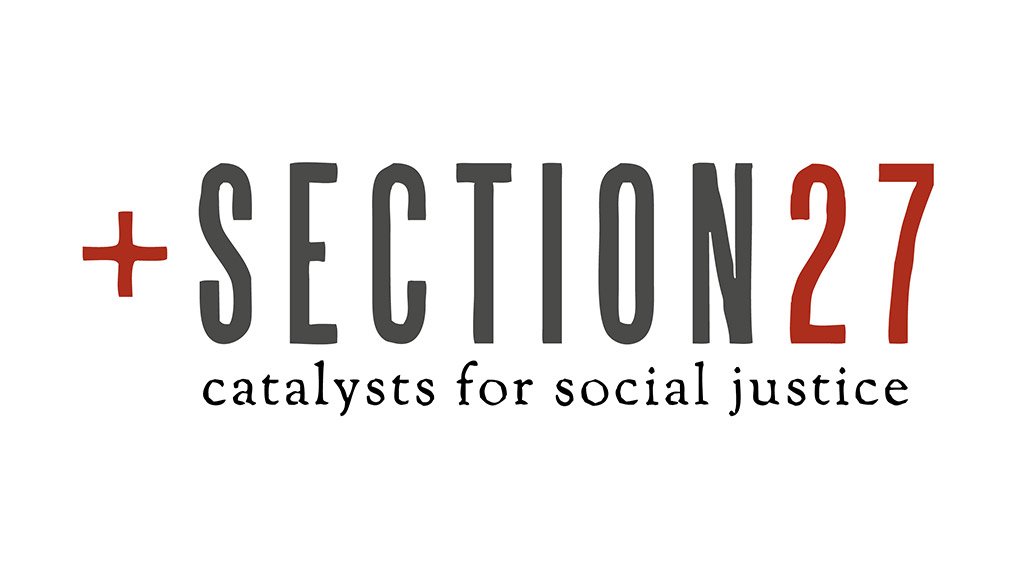Public interest law center SECTION27 has welcomed the opportunity to make submissions on the latest version of the Basic Education Laws Amendment (BELA) Bill in the National Council of Provinces (NCOP) process, noting for instance, its concerns with an omission of an explicit prohibition on alcohol on school grounds.
SECTION27 is participating in this process and has shared written submissions with all nine provincial legislatures.
SECTION27 explained that the 2022 BELA Bill included a prohibition on alcohol with a qualification that allowed schools to sell alcohol on-site under certain circumstances with the permission of Heads of the Departments (HoDs).
This qualification was rightly challenged and removed from the 2022 BELA by the Portfolio Committee on Basic Education, it said. The prohibition was removed from the 2023 Bill.
“Underage drinking is an urgent problem facing schools and the basic education sector. It is one of the reasons why the Portfolio Committee decided to remove the qualification from the 2022 BELA, which makes the absence of the explicit general prohibition on alcohol in the 2023 BELA even more confusing,” said SECTION27.
It appears that the explicit general prohibition on alcohol has also been removed, which SECTION27 says is concerning.
The 2023 BELA Bill was passed by National Assembly on October 26, 2023 with some changes made by the Portfolio Committee on Basic Education.
The Portfolio Committee amended the 2022 Bill based on recommendations made by the public and civil society through public engagement platforms.
The 2023 BELA Bill has since been handed over to the NCOP which will hold its own public engagement processes on the recent iteration of the Bill.
SECTION27 highlighted that as the NCOP seeks to finalise the public participation process by the end of February 2024, it is crucial that South Africans become acquainted with a Bill that has the potential to bring long-awaited change to the basic education sector.
CORPORAL PUNISHMENT, DISCRIMINATORY POLICIES
SECTION27 has welcomed the definition of corporal punishment now included in the Bill, as well as the penalisation of educators found guilty of committing this offence.
“We also welcome the involvement of the HoDs of Education on the provincial level in reviewing school policies such as school admission policies. This oversight will prevent school governing bodies from implementing potentially discriminatory policies that do not align with the needs and rights of all South African learners. However, we are concerned that HoDs will no longer be required to submit written reasons for their decisions on approving a language or admissions policy. This omission seems strange, as the requirement to submit written reasons was included in the 2022 BELA,” said SECTION27.
Similarly, SECTION27 is concerned that Members of Executive Councils (MECs) are also no longer required to submit reasons for their decisions to merge schools, saying this requirement was also included in the 2022 BELA but has now been removed.
“The removal of these automatic requirements, which are present in other unrelated sections of the 2023 BELA, may undermine the values of transparency and accountability. However, the HoDs and MECs would be obliged to provide reasons for their decisions if this is requested in terms of the Promotion of Administrative Justice Act,” it explained.
It also welcomed the extension of compulsory schooling to Grade R, as early introduction to education has been shown to have numerous benefits for children, including long-term educational outcomes, it said.
EMAIL THIS ARTICLE SAVE THIS ARTICLE ARTICLE ENQUIRY
To subscribe email subscriptions@creamermedia.co.za or click here
To advertise email advertising@creamermedia.co.za or click here











